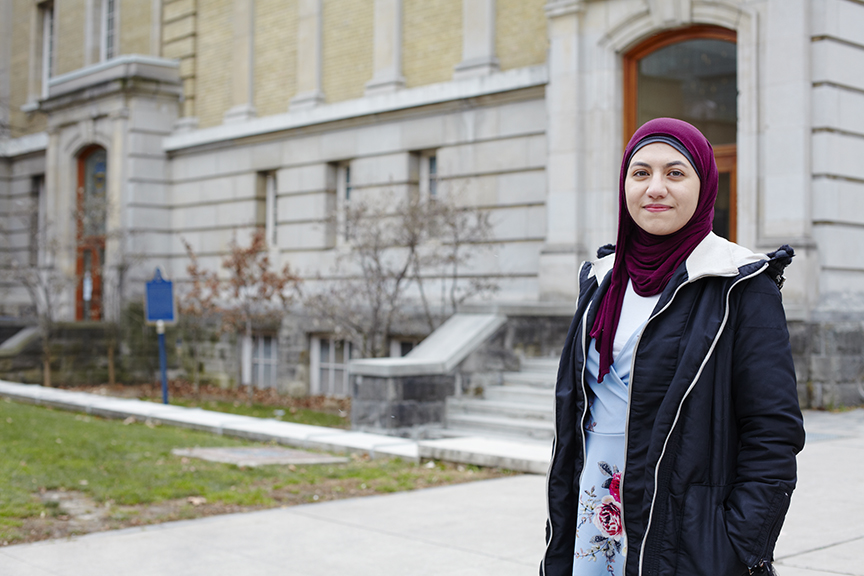Genetic Counselling
Program Overview
The Master of Science program in Genetic Counselling is a full-time degree program that prepares students with the academic and clinical skills to provide genetic counselling. Graduates may work as part of a health-care team to gather relevant medical and family histories, to guide further investigations, and to communicate probable or established diagnoses, mode of inheritance, natural history, risk of recurrence, and associated options. This program has been accredited by the American Board of Genetic Counseling.
This program is offered by the Department of Molecular Genetics located in the Medical Sciences Building. The department has nearly 100 faculty members whose labs are located within the Medical Science Building, the Best Institute, the Donnelly Centre for Cellular and Biomolecular Research, the FitzGerald Building, the Hospital for Sick Children, Mount Sinai Hospital, the Ontario Institute for Cancer Research, and Princess Margaret Hospital.
See video: Explore Graduate Programs at the Faculty of Medicine.
Please direct admission enquiries to mgy.info@utoronto.ca.
Quick Facts
| Domestic | International | |
|---|---|---|
| Application deadline | MSc: Fall 2024 entry 05-Jan-2024
| MSc: Fall 2024 entry 05-Jan-2024
|
| Minimum admission average | MSc: B+ | MSc: B+ |
| Are any standardized tests required/recommended? | MSc: NA | MSc: NA |

“It's okay sometimes to feel lost. This is part of research.”
- Dina Sabie
- PhD Student, Computer Science
